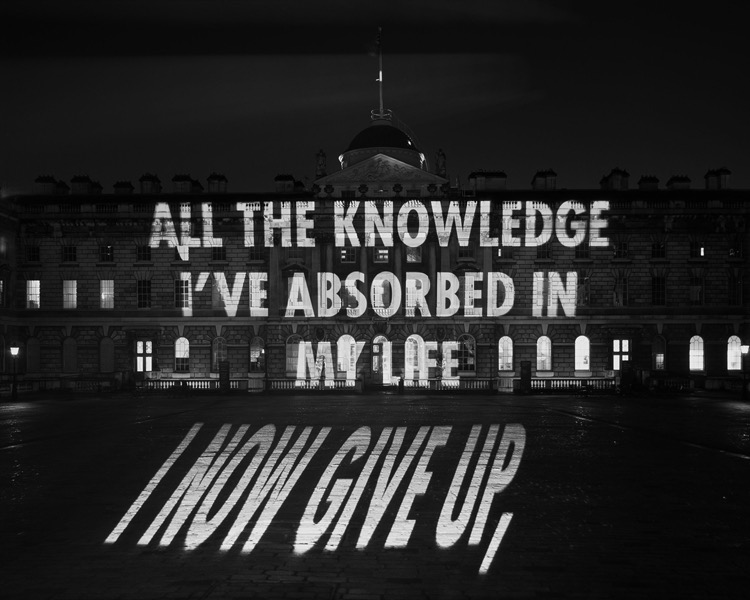
The purpose
and result of quietly
observing the self is to forget
the self. When the mind is seen for
what it is and fascination with
its activities dissipates,
reality, which was
always present,
appears.
It is at
this point that we
understand that nothing
is problematic and life
becomes thoroughly
enjoyable.

You
can now buy
Wei wu Wei Ching as part of a
five-app bundle of Taoist classics
for iPhone or iPad for less than
the cost of one hardcover
book.



